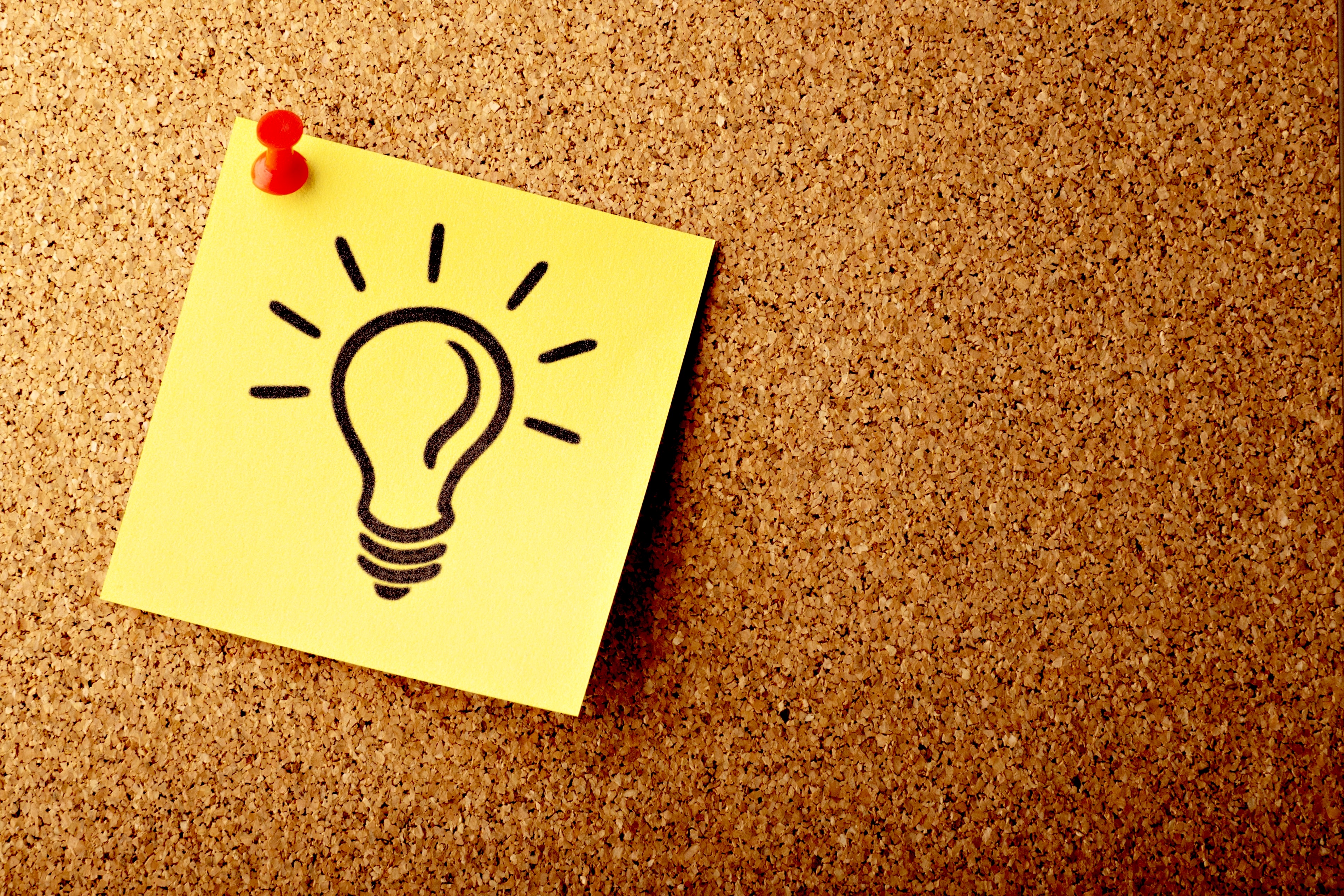Any modern recruiter needs to include artificial intelligence in their recruitment process in one way or another. It helps to improve the speed and quality of recruitment. It can make all the difference in the race for talent. This standardisation of AI is confirmed in 2023 with the success of ChatGPT, one of the latest artificial intelligence products from OpenIA. Operational since 2022 with version GPT 3.5, it already has 100 million active users and 13 million visitors in January 2023 alone (Source: UBS studies).
Is ChatGPT relevant to recruitment? What are the benefits and risks? In this article, we look at the use of ChatGPT for recruitment.
How does ChatGPT work?

Before discussing the use of ChatGPT for recruitment, we first need to understand what it is.
ChatGPT is a language processing AI (Neuro-Linguistic Program). In other words, it is a robot designed to be capable of understanding and expressing itself like a human, based on programmed learning and the information it is given. At this stage, it can be likened to Amazon's Alexa or Google Home. The only difference is that ChatGPT is much more sophisticated and has managed to surprise more than a few people. Not only does it provide answers to questions asked of it, but it is also capable of writing texts and descriptions based on what it knows and what it is asked to do.
As a result, ChatGPT has gone beyond the stage of a simple chatbot or conversational robot. In 2023, many recruiters are planning to use it for recruitment purposes. To do this, they provided the AI with some initial information: the context and information needed for recruitment (identity of the recruiter, brief description of requirements, sector of activity, recruitment targets, etc.).
Example: ChatGPT, I'm a recruitment manager with the digital marketing company XX. I need an SEO expert to carry out an SEO audit of our clients' websites. Their main task will be to identify any blockages or flaws in the site that are preventing it from appearing on the first page of Google. Everything needs to be analysed, from the site's structure and ergonomics to its content and backlinks. So I need someone who is experienced and methodical, with up-to-date training in the field. He can work from home, with a few weekly meetings at the company.
ChatGPT learns from this initial information base and deduces :
- The company recruiting
- The position to be filled
- The main tasks of the post and the activities involved, even those you have not specifically mentioned
- The qualifications required: experience (based on the number of years of experience normally required for the position), necessary training certificates, softskills, availability, etc.
- Working conditions: a home office job, but with the possibility of visiting the company's premises, because of the weekly physical meetings. ChatGPT will deduce that the offer is not aimed at someone living in another country.
The different possible uses of ChatGPT in recruitment
ChatGPT understands the information you provide. How will this help you improve your recruitment?
The main aim is to automate certain tasks, particularly repetitive ones. The human recruiter will then only work on what requires his intervention, in particular the definition of the information to be transmitted to the AI, the judgement and the evaluation of what the AI will have developed subsequently.
Here are ten possible uses for ChatGPT in the field of recruitment.
1) Drawing up a structured job description
 Using the same example as above, ChatGPT is a recruitment assistance tool that can be used to draft the job description. In terms of form, it is based on the company's old job description templates, if these have been provided, or on a template that it has learnt during its programming and training with OpenIA. Basically, it's based on the information you provide. It knows that the objective is to recruit an SEO expert. They then go through all the information at their disposal to define the skills, qualifications and quality of an SEO expert. After that, it's up to the human to correct the job description worked on by the AI and adjust it according to the specifics of the company.
Using the same example as above, ChatGPT is a recruitment assistance tool that can be used to draft the job description. In terms of form, it is based on the company's old job description templates, if these have been provided, or on a template that it has learnt during its programming and training with OpenIA. Basically, it's based on the information you provide. It knows that the objective is to recruit an SEO expert. They then go through all the information at their disposal to define the skills, qualifications and quality of an SEO expert. After that, it's up to the human to correct the job description worked on by the AI and adjust it according to the specifics of the company.
2) Defining a personae candidate
 Similarly, based on everything it has learned and your specific requirements (for example, working from home, but able to attend weekly company meetings), ChatGPT will be able to draw up a portrait of the ideal candidate for the job. This will enable the recruiter to correct any mistakes, complete the required qualifications, categorise their importance, and even spot any unconscious bias.
Similarly, based on everything it has learned and your specific requirements (for example, working from home, but able to attend weekly company meetings), ChatGPT will be able to draw up a portrait of the ideal candidate for the job. This will enable the recruiter to correct any mistakes, complete the required qualifications, categorise their importance, and even spot any unconscious bias.
3) Creating a job advertisement
 Just as it has created the job description, ChatGPT can also create the job advert that goes with it. To do this, it will use language that is appropriate to the job, the type of candidate you are targeting and the tone you want to use to announce the recruitment. This can be informal language for friendly recruitment. It can also be formal language for very formal recruitment or geek language for recruiting a computer developer, for example. ChatGPT will then propose a clear, attractive and structured advert.
Just as it has created the job description, ChatGPT can also create the job advert that goes with it. To do this, it will use language that is appropriate to the job, the type of candidate you are targeting and the tone you want to use to announce the recruitment. This can be informal language for friendly recruitment. It can also be formal language for very formal recruitment or geek language for recruiting a computer developer, for example. ChatGPT will then propose a clear, attractive and structured advert.
4) Suggesting the best distribution channels
 ChatGPT understands what type of candidate you are looking for. In fact, it has drawn up their profile. So it's only logical that it should be able to advise the recruiter on the best sourcing strategy. It can name recruitment platforms, an ideal forum or a community on social networks, ideal for placing the job advert. What's more, with the Boolean search technique (a more advanced search system for finding specific information on the internet), ChatGPT can target a specific person in these communities and point them out to you. Of course, the final choice of distribution channel will rest with the recruiter.
ChatGPT understands what type of candidate you are looking for. In fact, it has drawn up their profile. So it's only logical that it should be able to advise the recruiter on the best sourcing strategy. It can name recruitment platforms, an ideal forum or a community on social networks, ideal for placing the job advert. What's more, with the Boolean search technique (a more advanced search system for finding specific information on the internet), ChatGPT can target a specific person in these communities and point them out to you. Of course, the final choice of distribution channel will rest with the recruiter.
5) Assistance with your candidate communication strategy
 Thanks to its advanced language model, it can help recruiters write personalised, effective emails to communicate with candidates throughout the recruitment process. This saves recruiters time in drafting these emails and ensures a positive experience for candidates.
Thanks to its advanced language model, it can help recruiters write personalised, effective emails to communicate with candidates throughout the recruitment process. This saves recruiters time in drafting these emails and ensures a positive experience for candidates.
6) Analysis of CVs and cover letters
 ChatGPT can also help you sort through CVs. To do this, you can ask it to analyse the textual content of CVs and covering letters. It will then rank the candidates according to its analysis, looking for specific words and terms. Here again, the role of the recruiter should be primary, in defining the relevant words, but also in monitoring what the tool does. AI should not be there to replace human analytical skills, but simply to help them work more easily.
ChatGPT can also help you sort through CVs. To do this, you can ask it to analyse the textual content of CVs and covering letters. It will then rank the candidates according to its analysis, looking for specific words and terms. Here again, the role of the recruiter should be primary, in defining the relevant words, but also in monitoring what the tool does. AI should not be there to replace human analytical skills, but simply to help them work more easily.
7) Suggested interview questions
 You can also ask ChatGPT to generate the 'ideal' questions for an interview. It will do this according to the position, the ideal candidate sought and the company context. In addition, you can ask it to provide the best answers for these questions, so that you have a basis for evaluating candidates.
You can also ask ChatGPT to generate the 'ideal' questions for an interview. It will do this according to the position, the ideal candidate sought and the company context. In addition, you can ask it to provide the best answers for these questions, so that you have a basis for evaluating candidates.
8) Creating a scorecard
 By analysing the information at its disposal and combining it with the criteria you have defined as important, ChatGPT is able to automatically generate a scorecard. However, it will only create the table. The relevance and quality of the scorecard will depend on the scale you have defined beforehand.
By analysing the information at its disposal and combining it with the criteria you have defined as important, ChatGPT is able to automatically generate a scorecard. However, it will only create the table. The relevance and quality of the scorecard will depend on the scale you have defined beforehand.
9) Content creation, in various forms
 ChatGPT peut participer à la promotion de l’image de marque-employeur d’une entreprise. Pour cela, il vous aidera à créer du contenu rédactionnel pour votre blog, pour les réseaux sociaux, pour les guides d’utilisation en tous genres. Ces contenus auront été imprégnés de la valeur et de l’esprit de l’entreprise.
ChatGPT peut participer à la promotion de l’image de marque-employeur d’une entreprise. Pour cela, il vous aidera à créer du contenu rédactionnel pour votre blog, pour les réseaux sociaux, pour les guides d’utilisation en tous genres. Ces contenus auront été imprégnés de la valeur et de l’esprit de l’entreprise.
EN : ChatGPT can help promote a company's employer-brand image. To do this, it will help you create editorial content for your blog, social networks and user guides of all kinds. This content will have been imbued with the value and spirit of the company.
10) Recruitment training
 Finally, ChatGPT is also a powerful training tool, both in recruitment and in other areas. It provides complete, structured answers to all questions. It can therefore help a novice to get started in the recruitment and HR field and help a professional to keep training.
Finally, ChatGPT is also a powerful training tool, both in recruitment and in other areas. It provides complete, structured answers to all questions. It can therefore help a novice to get started in the recruitment and HR field and help a professional to keep training.
Going even further, ChatGPT can also help a recruiter understand market trends. To do this, it can propose a survey format (the questions and scorecard that go with it) and analyse the data received after the survey. The recruiter can then learn about new trends and adjust their strategy accordingly.
Is it advisable to use ChatGPT for recruitment and, if so, how?
As mentioned in the introduction, AI is essential today. But is ChatGPT reliable? Are the 10 uses mentioned above and the resulting benefits worth the risks? To answer these questions, we need to look at the advantages and disadvantages of ChatGPT, and then deduce some advice for use in recruitment.
ChatGPT's strengths
Firstly, ChatGPT is an all-in-one content development tool. As a result, it is a single investment that provides access to multiple functionalities, including the 10 possible uses of ChatGPT mentioned above.
Secondly, ChatGPT has been trained over several years by OpenIA programmers (the fourth version was released in March 2023). Its linguistic analysis skills are more advanced than those of other tools. What's more, the sheer number of users and its current dazzling success demonstrate the advanced state of this artificial intelligence. It understands 26 languages and is capable of outputting 25,000 words per command.
Finally, ChatGPT is a tool that can be further improved thanks to precise information provided by the user. The language it adopts will depend on the context specified by each user. It can be customised as you use it.
ChatGPT's limits
Even the internet is not 100% reliable. So ChatGPT naturally has its limits and proven weaknesses.
First of all, the training-programming of this AI ended in 2021. The information to which it has access is therefore not up to date, including the new 2023 version. It is therefore unaware of new recruitment trends or changes this year in relation to the functions associated with a given position.
Secondly, ChatGPT can make mistakes. Sam Altman, the head of OpenIA, has admitted as much himself. His tool can produce content that is "plausible, but incorrect or absurd". It has been trained on a huge volume of data available on the internet, but volume is no guarantee of quality, relevance or, even less so, neutrality. It is therefore entirely possible for the system to be biased on certain points. Ultimately, it may also pick up on the user's biases, by analysing the initial information supplied to it verbatim. The risk is therefore one of error from the very first link in the chain. In this case, this can lead to ineffective recruitment, because the job description, sourcing and selection will have been biased.
Precautions for using ChatGPT for recruitment
According to an Australian proverb, "a bad workman will always blame his tools". Using ChatGPT for recruitment is not without risks. But with the right programming, it can be a powerful recruitment tool. Here are a few precautions to bear in mind.
1. Define a precise role for ChatGPT. It needs to know unequivocally who it is.
Example: you want him to take your place in creating a job advert for the recruitment of an SEO expert. Tell him that he's a recruitment expert with 7 years' experience and that you work for digital marketing company XX.
2. Detail each task, one order at a time.
Explain as best you can what they need to do. In the example we've given, you need to tell them that you want a job advert, but not just that. Also tell them, for example, that you want a technical advert, which will only make sense to someone who has really mastered SEO auditing.
3. Restate your objectives, context and constraints.
The aim is to recruit a real expert, but also someone who is close to your company's premises. Human interaction is very important for the brand. At this stage, you need to provide them with as much information as possible, to avoid any "misunderstandings" and limit the risk of error. You also need to be collaborative and include the hiring managers, those who will be technically responsible for the person to be recruited. They are often in the best position to explain the work context and day-to-day constraints. They are in the best position to express their needs and communicate them to ChatGPT.
4. If necessary, explain the steps to follow.
You could, for example, tell them to take their cue from previous job adverts or what the competition is doing, first of all. Then write a job advert, adding all the company's qualities and values. Finally, ask them which channel would be the most appropriate for disseminating the advert in question.
5. Ne remplacez pas l'analyse humaine par ChatGPT
Upstream and downstream checks are essential. Upstream, it involves checking all the information provided before starting work. Downstream, it is a matter of confirming the relevance of the content output by ChatGPT and correcting it where necessary. In particular, check that the content is biased and complies with legislation. The job advert must comply with the relevant laws in force. Sourcing must not contravene laws on the processing of personal data. The scorecard must not be discriminatory.
Using artificial intelligence like ChatGPT makes recruitment much easier. But the quality of the recruiters is paramount, as they will shape the tool in their own image. At Hunteed, the recruitment team is made up of experts in recruitment and experts in the technical field of the position being recruited for. This platform is therefore an excellent support for qualitative recruitment, regardless of the AI you use.















 ENGexpand_more
ENGexpand_more  FR
FR